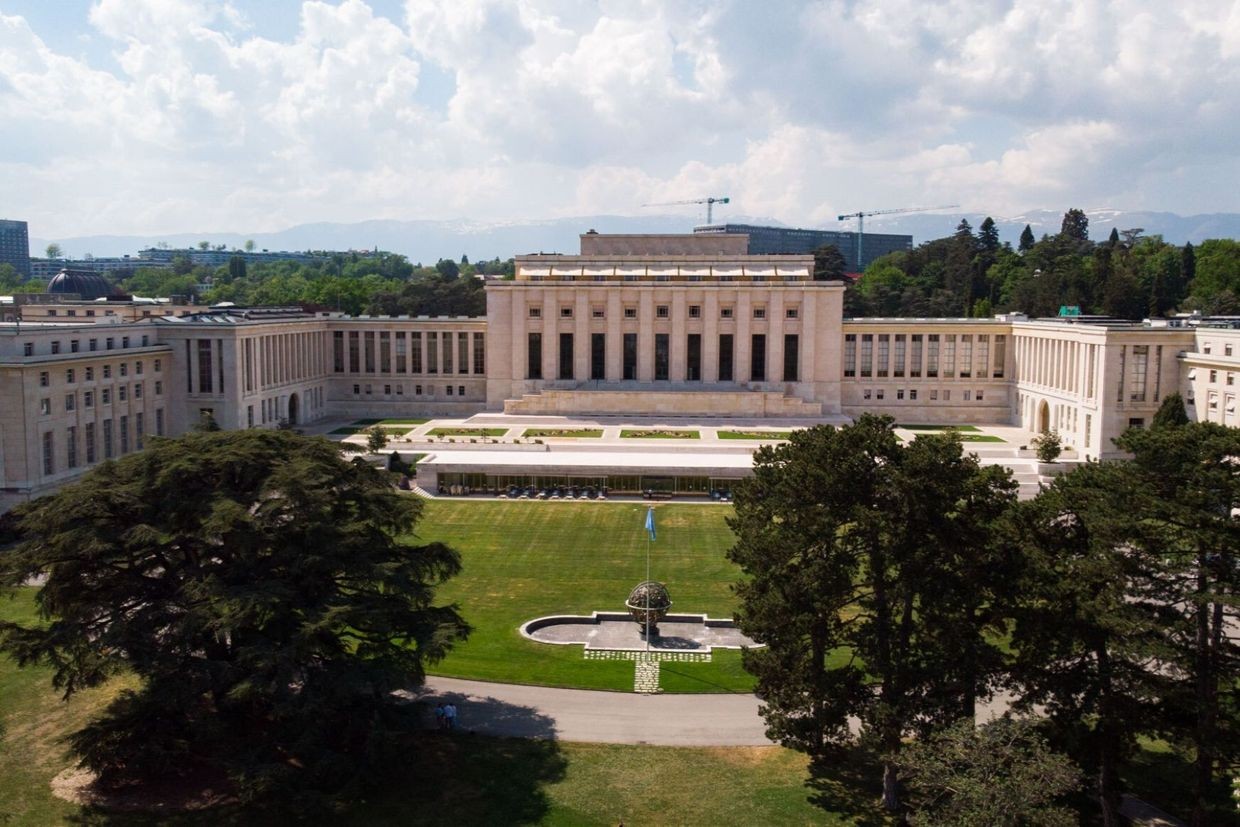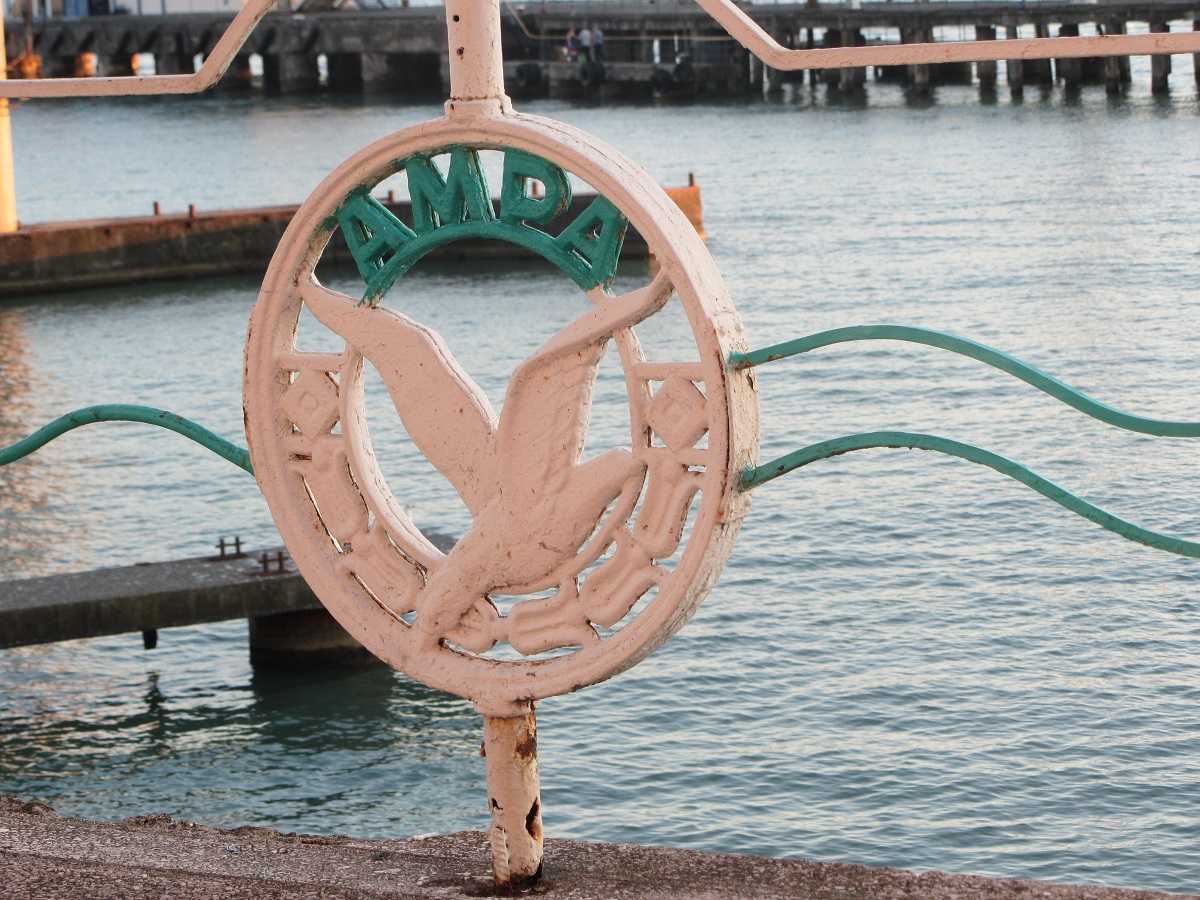
Russia has issued a statement reminding Georgian Dream founder Bidzina Ivanishvili of his pre-election promise to ‘apologise’ to South Ossetia over the August 2008 War.
Russia’s Foreign Ministry issued the statement on Wednesday, following the 63rd round of the Geneva International Discussions between Georgia, Russia, the US, Abkhazia, and South Ossetia.
The Geneva discussions were set up to address the consequences of the August 2008 War, and are co-chaired by the EU, OSCE, and UN. The talks involve Georgian, Russian, Abkhazian, and South Ossetian negotiators, as well as the US.
The Russian Foreign Ministry reiterated previous demands that the parties hold the discussions elsewhere, saying that Switzerland had abandoned its neutrality by joining the EU’s sanctions against Russia.
During the talks, Russia also again called for the borders between South Ossetia and Abkhazia and Georgian government-controlled territories to be delineated.
Moscow has additionally claimed that during the talks, it ‘once again drew attention to the conciliatory statements made by the country’s top leadership during last year’s [parliamentary] election campaign regarding Abkhazia and South Ossetia’.
This was a reference to statements made by Ivanishvili, who in September 2024 pledged to ‘apologise’ to South Ossetians for the actions of the previous government during the August 2008 War. The statement, which was presented as a campaign promise, prompted anger and condemnation from the relatives of Georgian soldiers killed during the war.
At the time, Ivanishvili said that ‘immediately after the elections on 26 October, when the instigators of the war will be tried, when all the perpetrators of the destruction of the Georgian–Ossetian brotherhood and coexistence will receive the strictest legal answer, we will definitely find the strength in ourselves to apologise for the fact that, by the task, the traitor [UNM] in 2008, consigned our Ossetian sisters and brothers to the flames’.

Georgian Dream emerged victorious in the elections that came roughly a month after his statement, whose official results gave the party 54% of the vote.
However, despite the fact that Georgian Dream, along with its satellites, gained a parliamentary majority in parliament, the party has yet to issue its promised apology.
The Russian Foreign Ministry noted that the delegates from Russia, as well as from Abkhazia and South Ossetia, ‘welcomed the initiative of the co-chairs of the discussions to return to the discussion of a political statement as a first step towards concluding the said agreement’.
‘The relevance of this task is increasing against the backdrop of the radical Georgian opposition’s consideration of forceful scenarios for restoring control over the “breakaway” territories, as well as Georgia’s continuing special role in NATO’s plans in the South Caucasus, as evidenced by the ongoing close interaction between Tbilisi and the alliance, including intensive working contacts and the participation of the armed forces of the Transcaucasian state [Georgia] in joint military exercises, including on its territory’, the Russian Foreign Ministry said.
Russia stated that the next round of the discussions will be held in June.
In its own statement about the talks, Georgia’s Foreign Ministry expressed concern about the ‘extremely difficult security, humanitarian, and human rights situation’ in Abkhazia and South Ossetia. It also condemned the construction of the ‘illegal Russian naval base in Ochamchire and the commissioning of the Sukhumi Airport’.
Abkhazia announced that Russia will establish a naval base in Ochamchira (Ochamchire) in October 2023, while the Sukhumi (Sukhum) Airport is expected to be operational in May, work on which is being carried out by a private Russian investor.
‘Representatives of Russia and the occupation regimes, as is their usual practice, left the negotiating table on one of the main issues on the agenda, which concerned the return of internally displaced persons and refugees from the occupied territories to their homes’, the Georgian Foreign Ministry added.
Abkhazia’s Foreign Ministry has responded by saying that South Ossetia and Abkhazia ‘confirmed that discussion of the issue of the return of refugees in the second working group does not seem acceptable until this issue is removed from the vote in the UN General Assembly’.
For ease of reading, we choose not to use qualifiers such as ‘de facto’, ‘unrecognised’, or ‘partially recognised’ when discussing institutions or political positions within Abkhazia, Nagorno-Karabakh, and South Ossetia. This does not imply a position on their status.











